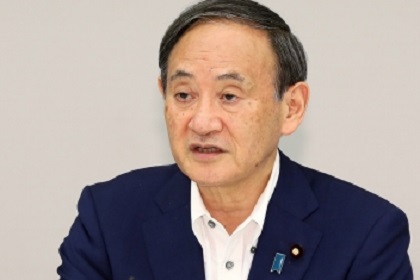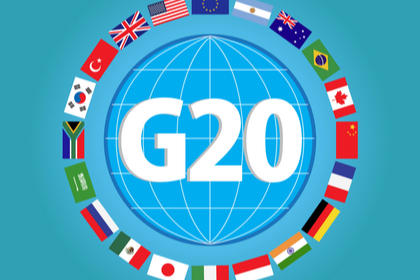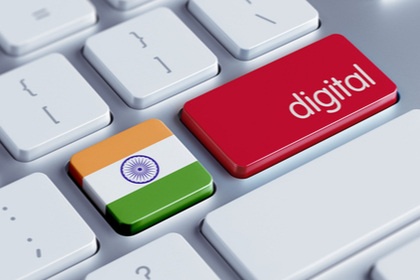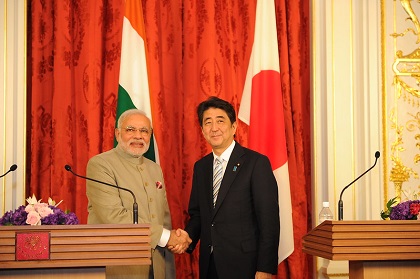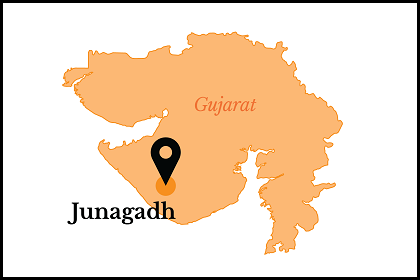Yoshihide Suga: blessed by Ganesha
Japan's new Prime Minister Yoshihide Suga belongs to the Ganesha Group – an amorphous but important group of short time Members of Parliament without political hereditary. Ganesha or Kangiten in Japanese is the symbol of good fortune in business and also a solver of problems. This is certainly an appropriate mascot for the Suga administration, which will need to resolve pending global issues and develop good business partnerships in the coming years.

